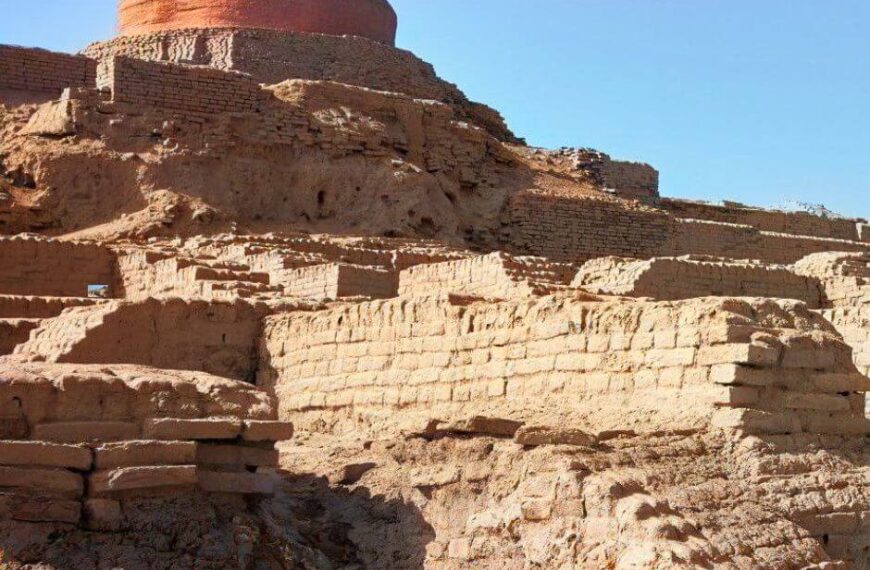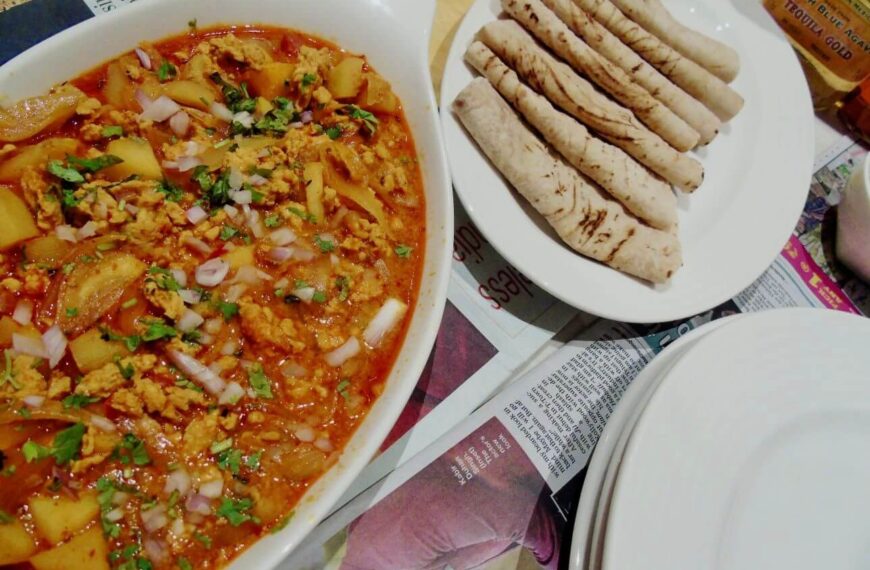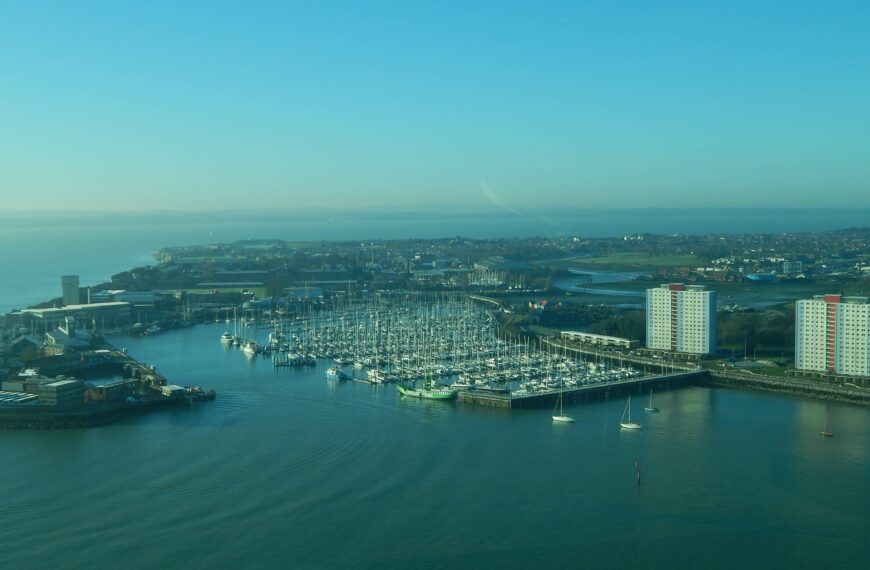Very little is written about Ethiopia and online research does not give a true picture of someone who is looking at taking up an assignment here. Ethiopia is the only country in the world that has stayed independent and did not allow colonialism hinder its primitive state. People have lived here for many years undisturbed by modernisation. The only modern influence you find here are the clothes they wear and IT. Here’s a first-person account by Preeyan, who is presently on an official assignment in Ethiopia. He shares his impressions exclusively in Different Truths.
For someone who has not stepped out of the country, what does one expect when sent to a place such as Hawassa in Ethiopia. This is my story of how delightfully surprised I was.
Hawassa is a city around 250Kms South of Addis Ababa, the capital city of Ethiopia. What we learn from online is absolutely nothing except a correct picture of the weather and the geography this country. Very little is written about Ethiopia and online research does not give a true picture of someone who is looking at taking up an assignment here.
The Ethiopian government is now working on the development of infrastructure and is inviting industries across the world with attractive labor cost and easy trading. This is how I managed to get here. The Hawassa Industrial Park is a government-owned park where some really big names of the garment manufacturing fraternity have started their investment.
This is an ambitious development project undertaken by this country. Thanks to this, an otherwise sleepy small town, is now looking at becoming the biggest exporter in the country.
I took off from Delhi (T3 terminal in Delhi is one of the best airports in the world), three hours of getting past immigration and then boarding a flight to Addis Ababa, the aircraft is a well maintained old Boing with 14 inch CRT color TV as entertainment system, so here I was praying to God that everything goes well. Once in Addis, I was moved to another smaller terminal for me to take my flight to Hawassa. A six-hour wait at the airport taught me a few things.
The Ethiopian people are the most courteous and straightforward people in the world, at least the ones working at the terminal. I could leave my bags at a place and go ahead with my daily chores, though a little worried, my bags were untouched. This gave me a good feeling. Their language is such that no one can scream and shout even if annoyed by anything. This wait gave me a good feeling of what I should be expecting.
The flight I took was an ATR flight from Addis to a place called Arba Minch and then to Hawassa. The scenery from the flight is mind-blowing, I crossed five of the seven great lakes of Ethiopia, to giv e you an idea of the scale of the lakes we are talking about, it takes the flight 20 minutes to cross the length of the lake before it lands at the Arba Minch Airport. And then a quick short flight north and we landed at Hawassa. The airport was just a runway with a shed serving as a terminal building. We had to identify our bags from the trolley which was my first such experience.
e you an idea of the scale of the lakes we are talking about, it takes the flight 20 minutes to cross the length of the lake before it lands at the Arba Minch Airport. And then a quick short flight north and we landed at Hawassa. The airport was just a runway with a shed serving as a terminal building. We had to identify our bags from the trolley which was my first such experience.
Hawassa is a small town which is on the eastern bank of the huge Awassa Lake, though huge it is the smallest of the seven great lakes of the Ethiopian geology and located right in the heart of the great African Rift Valley. The Awassa Lake covers an area of 129 square kilometers with an average depth of 11 meters and 22 meters at its deepest point. The sight of the lake is just spellbinding.
Once here you are put up in a hotel where the rooms look decent, the first thing as an Indian you notice is that there are no fans or air conditioning. Some hotels don’t even have elevators. You may not get much of  a choice of TV channels, and the food is different. Initial few days I was not sure whether to try their local food but one day by accident it happened and I loved it. The Injera is the local food that Ethiopians love. It’s like dosa made of millets, just that it is let to ferment a little more than the dosa. The Shiro and everything else they give with it is amazing. And the fruits are extra tasty and juicy, the watermelons, pineapples, guavas, oranges, and bananas.
a choice of TV channels, and the food is different. Initial few days I was not sure whether to try their local food but one day by accident it happened and I loved it. The Injera is the local food that Ethiopians love. It’s like dosa made of millets, just that it is let to ferment a little more than the dosa. The Shiro and everything else they give with it is amazing. And the fruits are extra tasty and juicy, the watermelons, pineapples, guavas, oranges, and bananas.
We got an opportunity to visit the town on Sunday. And we visited the lake and went on a boat ride. It gets really rough when the winds are high. The boatman, who calls himself ‘Captain’, was an elderly gentleman and took us to the place where there is a heard of Hippopotamus with some 12 individuals with a newborn baby. The birds you get to see here are amazing, storks, pelicans, different varieties of cranes, ducks, geese, kingfishers, eagles, vultures and on land you get to see varieties of sparrows, hummingbirds, robin, the hornbill and many more. I got some pictures of most I could, for a shutter buff like me it feels like heaven, we just can go on and on and on.
The people here are predominantly farming community and are not used to working in lines and the rigors of the manufacturing industry. It feels like this is perhaps how India was in the initial times of the Independent era. But the difference is that we already had the talent to start setups and train and run the setup. In Ethiopia, on the contrary, the local talent is very limited and are not exposed to this kind of environment.
What I realised in the few weeks I worked here is the fact that people like us get the best opportunity to prepare a nation to be able to stand on its feet. And that is the pleasure we get to derive from here. This experience is going to be so valuable that it will help in coming up with innovative ways to change things and train people. Because traditional methods may not work here. It is a challenge, but it is raw, with some grit and perseverance we can mould this place to be able to run the race in today’s international world.
prepare a nation to be able to stand on its feet. And that is the pleasure we get to derive from here. This experience is going to be so valuable that it will help in coming up with innovative ways to change things and train people. Because traditional methods may not work here. It is a challenge, but it is raw, with some grit and perseverance we can mould this place to be able to run the race in today’s international world.
I see other people like me who are here, some are here for the money, some are here for the change, but some are here for the sheer pleasure that we get in doing things differently. Yet we all work together to create this world. The entire country looks at us for advice and strength to enable them to make this park a place with the best in class standards in everything. And it is a pleasure to be so involved in this.
When you come to a place such as this, you should not complain about the food, the most adaptive person will survive. It’s a tough world, and survival will be of the fittest. Having said that it’s not bad at all if you just allow your mind to be free and try new things. Adaptiveness is required.
I came without much expectation so I seem to be enjoying what I do here. It’s a pleasure to be a part of global development. It is a pleasure to teach youngsters here to be prepared for the corporate life they  have got into. It is a pleasure to share food on one plate without any differences.
have got into. It is a pleasure to share food on one plate without any differences.
One note I have left to the end is that if you are a coffee drinker, please try the traditional ‘Buna’ here it is the best-flavored coffee I have had in my life.
Ethiopia is a country where their local calendar is in the 3rd month of 2010, their local time is 00 hours at 6 am International time. Their Christmas falls on 7th January, and so are all the other days. They have been unaffected by time for so long that they find it difficult to adapt to us. But with a little of give and take we can make a difference, we can help create a new world for them. This is a true witness of an international community and of us being citizens of the world. This will teach us that there is much more to life than just what we see, we just have to look in a different direction to change the scenery.
©Preeyan Abraham
Photos by the author
#Ethopia #Trip #VacationInEthopia #TourOfEthopia #WorkInEthopia #PeopleOfEthopia #WorkAndCareer #WildLifePhotography #PhotoFeature #AnimalsAndBirds #CoverStory #PeopleAndFood #Culture #DifferentTruths



 By
By

 By
By
 By
By
Awesome work my dear friend; keep it coming!!